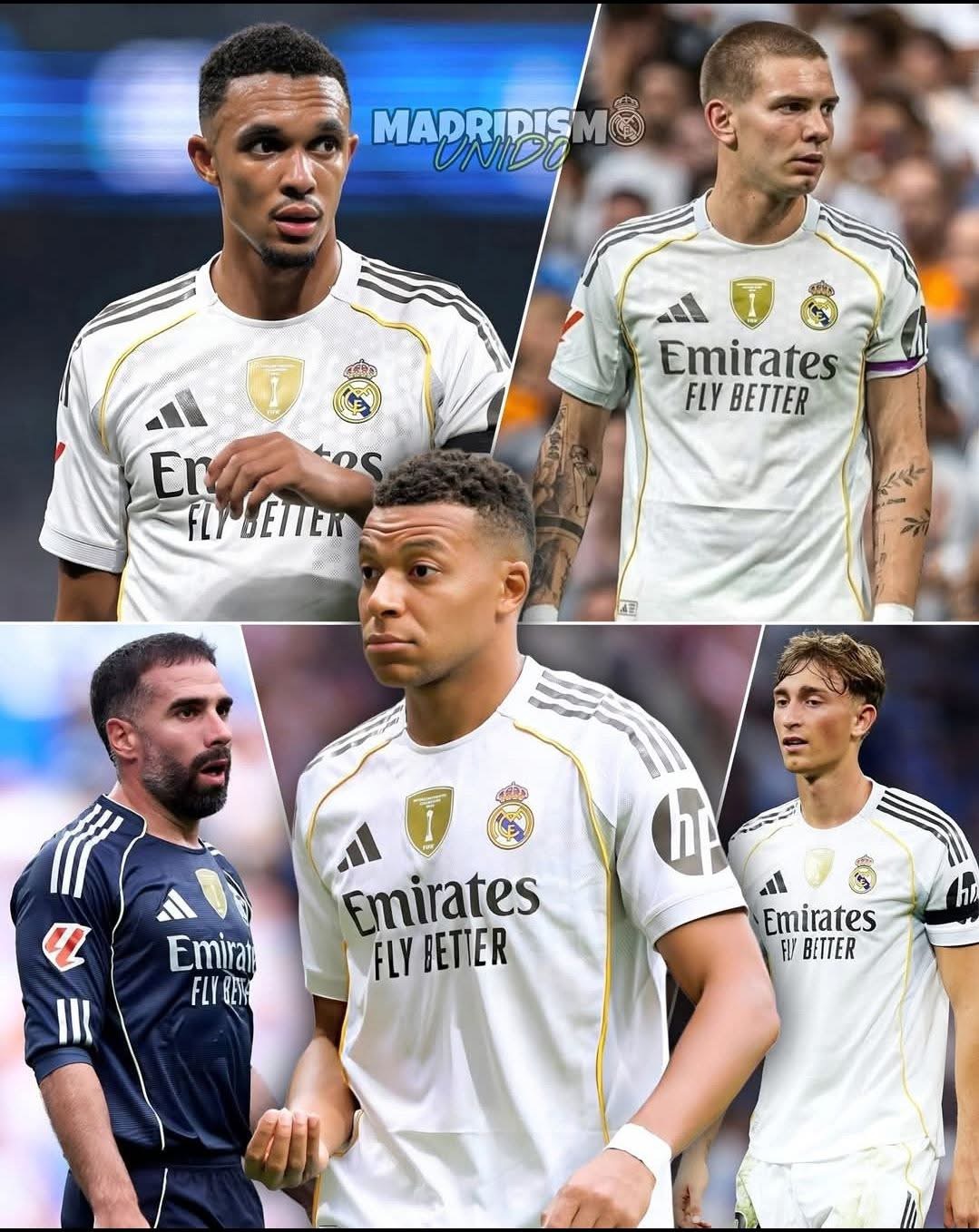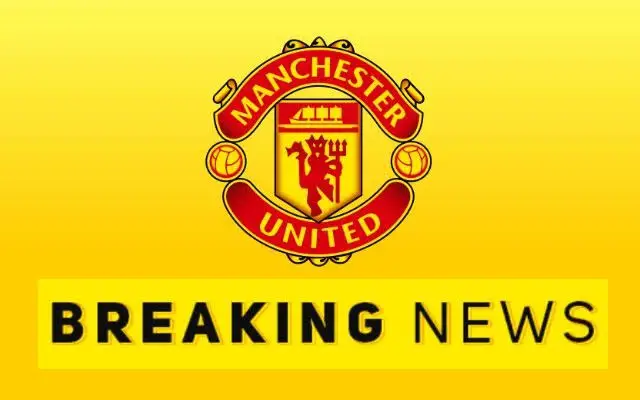This summer, Manchester United faced an off-field saga involving goalkeeper Andre Onana, whose contract stance became a major talking point among fans and pundits. Returning to Carrington, Onana made his position clear: he wanted a new deal. His demand stemmed from the standard 25% wage cut triggered by United’s failure to qualify for the Champions League — a reduction he believed undervalued his importance to the team.
Manager Ruben Amorim, however, was not receptive to the request. The push for improved terms created tension, challenging both club policy and dressing-room hierarchy. Yet United made no move to offload him or seek a transfer solution, underlining how much they still valued Onana’s role in the squad.
The only concrete outside interest came from Monaco. The French club explored a potential deal but backed away after United set a £30 million minimum price tag — a figure reflecting Onana’s pedigree, experience at the top level, and long-term value in the Premier League.
The episode highlights two key dynamics in modern football. First, it shows the delicate balance between player ambition and club policy. From Onana’s perspective, a pay cut after delivering strong performances felt harsh. From the club’s side, financial structures and fairness across the squad could not be compromised.
Second, it underscores United’s strategic decision-making. By holding firm on their valuation and refusing to bend to Onana’s demands, they showed a commitment to stability and long-term squad planning, even at the risk of short-term friction.
In the end, Onana’s summer was defined by a high-stakes standoff: the goalkeeper pushing for recognition, and Manchester United protecting their financial and squad principles. Both sides had valid positions, and for now, the uneasy balance keeps him at Old Trafford.




